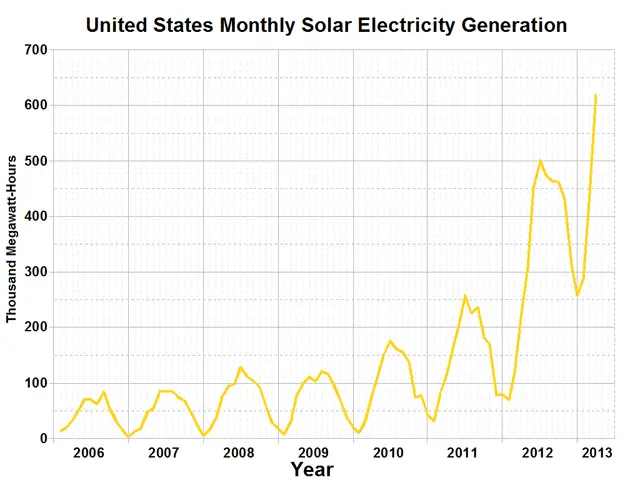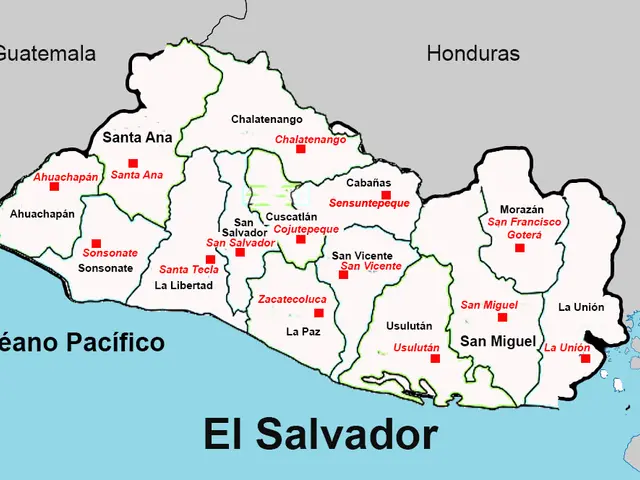Green Party Opposes Woidke's Timeline for Coal Phase-Out
The tussle between environmentalists and the traditional political establishment reached a new peak in Germany as the Green Party in Brandenburg and North Rhine-Westphalia accused Minister President Dietmar Woidke of SPD of being out of touch with reality. They insists on phasing out coal by 2030 at the latest, contrasting with Woidke's viewpoint that an early phase-out on those terms is unrealistic.
On Tuesday, Benjamin Raschke, the Green parliamentary group leader, weighed in on the ongoing coal debate in Potsdam. He stated, "The debate today is no longer whether there should be a coal phase-out or not, nor is it about whether it will happen by 2030 or not. We will have a market-driven coal phase-out."
Wibke Brems, the leader of the Green Party in North Rhine-Westphalia, echoed the sentiment, praising the agreed coal phase-out for the Rhineland coalfield and emphasizing the importance of the date, despite the reservations from other quarters.
Due to the agreement between politicians and energy company RWE, the mining regions in North Rhine-Westphalia are now targeting a coal phase-out by 2030. Solar power plants will also receive some support with hydrogen-powered gas plants operating as a transition measure. Green Economics Minister Robert Habeck is advocating for an earlier coal phase-out, but faces opposition.
Brandenburg's head of government Woidke recently urged the federal government to present a comprehensive energy supply concept to address the challenges it could face in the future. He has maintained that a coal phase-out by 2030 would be unrealistic, citing concerns about the supply of electricity.
During their campaigns, the Green Party in North Rhine-Westphalia and Brandenburg proposed increasing public participation in the profits of green electricity to boost acceptance. In North Rhine-Westphalia, the proposed Citizens' Energy Act could see local authorities participating in the income generated by wind farm operators, while Brandenburg plans to extend this arrangement to solar plant revenues.
In an interview, Raschke emphasized the need for a market-driven coal phase-out by 2030, contrary to Woidke's position. In North Rhine-Westphalia, the Greens, under Brems, are holding firm to the agreed-upon coal phase-out by 2030 for the Rhineland coalfield.
Enrichment Data Insights
As the debate around the coal phase-out continues, both the Greens and the SPD present their proposals for the future of Germany's energy supply. While the Greens advocate for a swift transition to renewable resources, shelving coal-powered generation by 2030, the SPD is quick to point out that an early phase-out might be challenging due to energy supply challenges.
In North Rhine-Westphalia, a prominent coal-producing region, politicians and energy companies have agreed on an eight-year transition period, with coal plants to be phased out by 2030. The region also intends to leverage hydrogen gas to support gas-powered plants during this transition.
Despite resistance from some quarters, Federal Economics Minister Robert Habeck wants to see an accelerated departure from coal even in the eastern regions of Germany. However, opponents argue that this plan may destabilize the energy grid. As the nation moves towards decarbonization, maintaining a secure energy supply and creating an environmentally-friendly job market remains essential.
[1]
[2]








